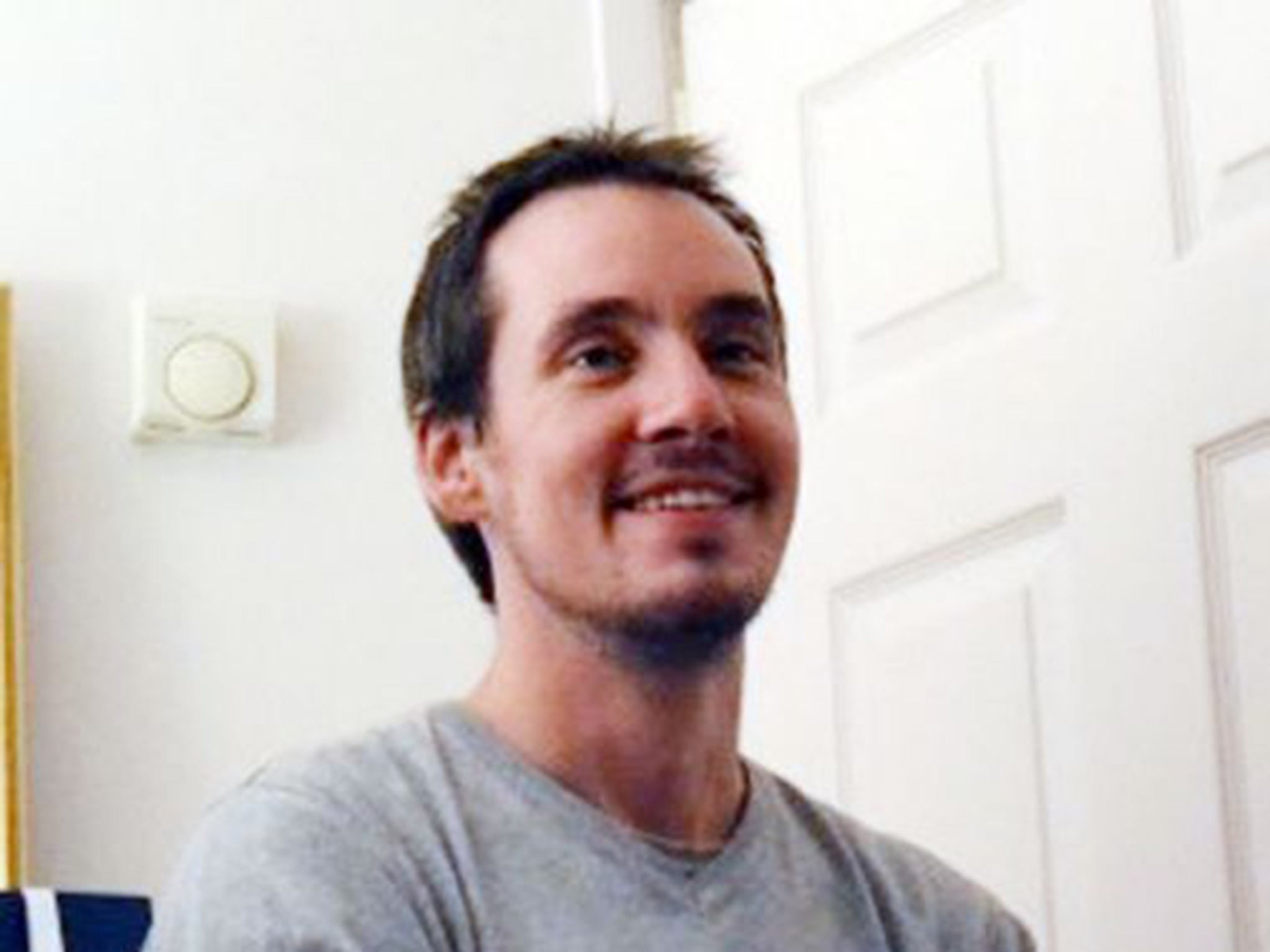SAS: Britain's elite military unit 'out of control', says parents of soldier who died on controversial selection course
A parliamentary inquiry into the MoD’s safety record listens to parents

Your support helps us to tell the story
From reproductive rights to climate change to Big Tech, The Independent is on the ground when the story is developing. Whether it's investigating the financials of Elon Musk's pro-Trump PAC or producing our latest documentary, 'The A Word', which shines a light on the American women fighting for reproductive rights, we know how important it is to parse out the facts from the messaging.
At such a critical moment in US history, we need reporters on the ground. Your donation allows us to keep sending journalists to speak to both sides of the story.
The Independent is trusted by Americans across the entire political spectrum. And unlike many other quality news outlets, we choose not to lock Americans out of our reporting and analysis with paywalls. We believe quality journalism should be available to everyone, paid for by those who can afford it.
Your support makes all the difference.The SAS, Britain’s elite military unit, is “out of control”, according to the parents of a soldier who died along with two other men on a controversial special forces selection course.
The parents of Lance-Corporal Edward Maher, 34, who died from heat exhaustion in the Brecon Beacons, have told MPs investigating the Ministry of Defence’s safety record that they believe the SAS has “a culture indifferent to injury and death”. This, they say, has resulted in an organisation that does not think it needs to “behave responsively and legally, nor learn from its mistakes”.
“Our perception is the SAS appears to be answerable only to the Secretary of State for Defence … [and] appears to be currently exempt from the broader legal and financial penalties that regulate every other organisation in the UK,” the dead man’s parents said.
“We believe ... that an organisation which is not subject to control is, by definition, out of control,” they told MPs on the Parliamentary Defence Select Committee.

L-Cpl Maher from Micheldever, Hampshire, died during a gruelling 26-mile endurance march in the Welsh Brecon Beacons in July 2013. Lance-Corporal Craig Roberts, 24, from Llandudno, North Wales, also died from heat exhaustion on the same day. Corporal James Dunsby, 34, from Trowbridge, Wiltshire, collapsed on the march and was airlifted to hospital, dying from multiple organ failure two weeks later.
A coroner concluded that a catalogue of “serious mistakes and systemic failures” by the military, amounting to “neglect”, were to blame for their deaths. The inquest heard evidence that those running the SAS selection course were either ignorant of or failed to follow the Army’s own safety guidelines.
The deaths prompted MPs on the Defence Select Committee to investigate the MoD’s safety record.
In their evidence to the committee, Edward Maher and his wife Marie said they “understand fully” why the SAS must be exempt from prosecution during operations and training. But, they added, “we cannot accept that [those running the SAS selection course] should not be answerable in law in cases where people die as a result of their gross neglect. This effectively makes them unique among all UK citizens and puts them above the law.”
They criticised the fact that Britain’s special forces are exempt from sanctions such as fines or the compensation paid by other organisations responsible for the death of their employees or others.
“The minimum wage paid to recruits and the lack of insurance cover and pension benefits, combined with the complete absence of any punitive fines on special forces when they neglectfully cause death, leave families with the perception that the lives of their loved ones had no value. It also leaves families with the perception that the SAS has caused death but has not ‘paid’, in any sense, for its errors,” they said.
The MoD, as a government department, enjoys what is known as Crown Privilege, meaning that while health and safety legislation applies to its activities, it is not subject to criminal enforcement action in the courts. Instead of prosecution, it faces administrative “punishments”, ranging from prohibitions to written admonitions through to the stiffest punishment – a Crown Censure – described as the equivalent of a manslaughter prosecution although nobody is jailed or fined.
The parliamentary inquiry, which is chaired by Bridgend MP Madeleine Moon, has been told that 131 military personnel – 22 Royal Navy, 21 RAF, 88 Army – died on training or exercise between 2000-2015.
Over the same period, the MoD has been issued with 17 censures. The IoS has learned that five further possible cases are being investigated which may lead to censure, but the SAS case is not yet one of them.
Air Marshal Richard Garwood, director-general of the Defence Safety Authority – which oversees the MoD’s health and safety record – defended its record which he insisted was improving. He said the armed services had embarked on a massive reform of its health and safety regime after the damning verdict of the 2009 Haddon-Cave report into the crash of an RAF Nimrod over Afghanistan, which killed 14 servicemen.
The report urged widespread changes to the way the military approaches health and safety, and criticised the “steady erosion of focus on safety”.
MPs have been told that improvements have already been made to training and risk assessments after the Brecon Beacons tragedy. There is a further service inquiry, or internal investigation, now taking place that could identify further lessons.
Major General Christopher Tickell, head of the Army’s Recruiting and Training Division, admitted to the committee that he had already removed one commanding officer because of safety shortcomings.
Join our commenting forum
Join thought-provoking conversations, follow other Independent readers and see their replies
Comments